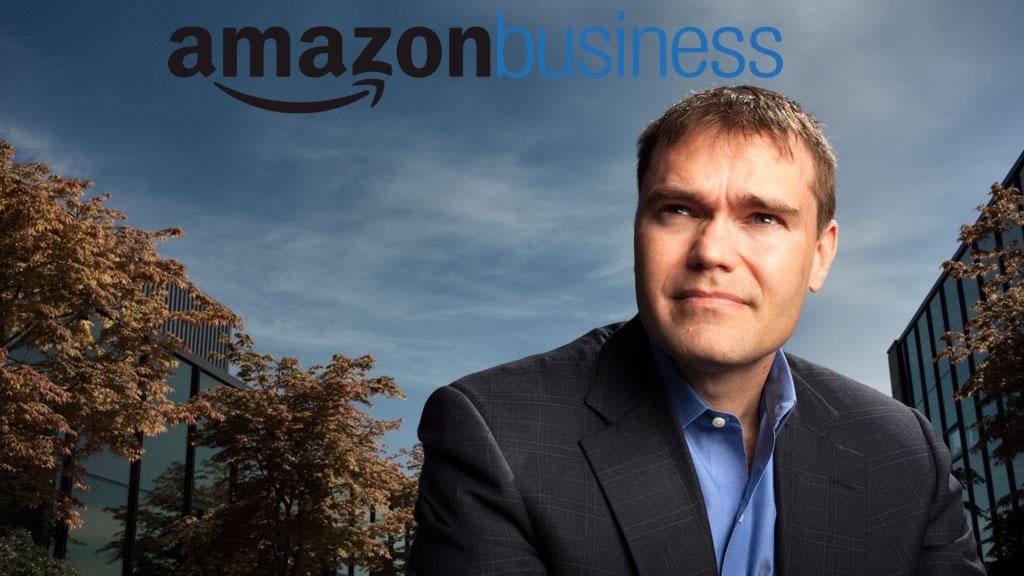“By 2020, more than 50% of online sellers will either list their products on marketplaces or sell third-party products on their core commerce sites” predicts Gartner. Despite the prevalence of the marketplace model across the world, for many in the retail industry, marketplaces mean Amazon.
And put simply this couldn’t be further from the truth.
The perception of marketplaces as only useful for those with a “stack ‘em high, sell ‘em cheap” philosophy, or the myth that marketplaces mean sacrificing well crafted customer experiences, has been proven to be a fallacy given the success of retailers like Christian Lacroix and Harvey Nichols, who offer highly curated experiences. And for those retailers who do offer a wide product range, there really is no more effective way to scale than a marketplace.
It’s time for the industry to re-think what marketplace means to them. Over the next three minutes we will take you on a journey that will highlight the varied and ambitious brands and retailers taking their businesses to the next level by embracing a platform approach.
Join us as we travel around the world in 8 marketplaces. (And not an Amazon in sight!)
Profile: 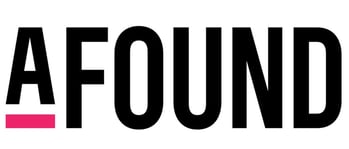
Location: Sweden
Audience: B2C
Specialism: Afound is an innovative marketplace offering discounted fashion and lifestyle goods from well-known and popular brands, with both external brands and the H&M Group’s own labels creating an extensive selection for both men and women.
Their Marketplace Strategy
Afound provides shoppers with a brand new omni-channel experience where they can access deals in-store and via the online marketplace. The online store (www.afound.com) launched in June, serving the Swedish market to start. The marketplace strategy will ensure its customers have access to an endless aisle of bargains and gives Afound a R&D channel to figure out what other brands and products the customers might want in-store.
Afound will present a carefully selected, season-less range from Swedish and international brands in a variety of price segments both online and in physical stores. Afound will also launch unique, limited product releases from a range of brands, all at attractive prices.
Profile:
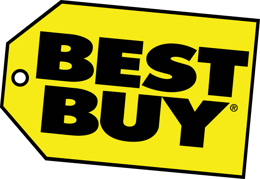
Location: Canada
Audience: B2C
Specialism: Canada’s most visited multichannel retailer with almost 200 Best Buy and Best Buy Mobile stores across the country.
Their Marketplace Strategy
Canadian consumers have traditionally been underserved online, without enough options to find a broad selection of products at competitive prices. Best Buy Canada, as one of the most visited sites in all of Canada, wanted to use its trusted brand name to give shoppers a wider array of choices and a better customer experience. Their goal was to become more relevant to their customers by having more of the products they were looking for at the right price and level of service.
Since launching their marketplace they’ve been able to triple the number of SKUs on offer, increase the speed on getting new products to market and be able to satisfy a larger number of customers.
Profile: 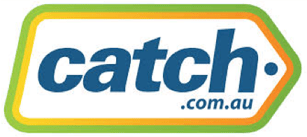
Location: Australia
Audience: B2C
Specialism: Generalist flash sales pureplay selling many categories from apparel and beauty to home and groceries
Their Marketplace Strategy
Catch.com.au’s retail business attracts over 450,000 visits and 9,000 orders each day. Their core categories include fashion, accessories, sportswear, home decor, health & lifestyle products, groceries and everything in-between. Catch have 800 sellers on their platform, but 4000 who want to join - they are selective in who they onboard.
Nati Harpaz, Catch Group’s CEO told us: “We never expected such profound results from using the marketplace model. We’ve experiences benefits across the business such as organic search is up 40% as we have a million more SKUs - we now use marketplaces in our acquisition strategy.”
Profile: Location: France
Location: France
Audience: B2C
Specialism: Christian Lacroix is an iconic luxury brand, acclaimed for having established the foundations of a unique, exuberant, and colorful baroque style. Today, the Christian Lacroix brand is marketed worldwide, with collections including Lifestyle, Menswear, and Women’s Accessories.
Their Marketplace Strategy
Christian Lacroix was keen to offer all the products marketed under its brand to the public; to do so, it had to address the challenge of bringing together all its various retail outlets worldwide on a single website. The marketplace model proved to be the perfect solution, allowing the brand to integrate offerings from partners all over the world, take care of distribution without any logistics challenges, and deliver a unified customer experience to brand aficionados everywhere.
Since introducing their marketplace, Christian Lacroix has been able to raise the online profile of its partners, helping them grow online sales and benefit from the appeal of the brand. Data analytics also enable the brand to develop its knowledge of customers so as to continue providing them with the very best experience – the number one criterion of success for Christian Lacroix.
Profile:

Location: Germany
Audience: B2B
Specialism: A German distributor specializing in electronics and white goods, with both B2B and B2C market reach and 17 subsidiaries in Europe.
Their Marketplace Strategy
Conrad have over 21 million customers around the world and operate 32 stores across Europe. They sell more than 1.2 million products on their Business to Business platform conrad.biz, firmly establishing themselves as one of Germany’s largest B2B retailers. By launching a marketplace Conrad hoped to offer their customers a more professional quality of service, a greater range of products and easy access to sellers and products. Conrad wanted to be able to open up new categories for their customers without investing in inventory and warehousing. They were able to launch payment by invoice in just four months.
Their marketplace offers their customers three key advantages:
- A large B2B assortment in a single destination
- Top of the range functionality customers now expect in an online store
- The security and peace of mind that comes from purchasing from such a well-established retailer like Conrad.
Profile:

Location: Italy
Audience: B2C
Specialism: ePrice is a leading online merchant for high-tech products and appliances offering complementary services, such as installation.
Their Marketplace Strategy
ePrice launched a Marketplace to efficiently diversify its product assortment and drive growth, without the burden of inventory, logistics, or service costs and overhead. Before rolling out their marketplace, ePrice were able to offer their customers choice from 300,000 products, six months into their transformation they doubled their product assortment and just three years later they now sell over 4 million products! This resulted in a huge uplift to their conversion rates and ability to satisfy their customers' needs.
The benefits have been felt across the board, ePrice have boosted web traffic by 30% through improved SEO performance and seen a surge of 37.5% in Gross Merchandise Volume.
Profile:
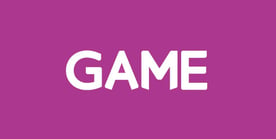
Location: UK
Audience: B2C
Specialism: One of the largest gaming retailers in the UK
Their Marketplace Strategy
With more than 530 stores across the UK, Game is a staple on many high streets up and down the country, the business turns over more than £96m online. Their marketplace has enabled them to diversify their range away from core categories without any risk. Instead, they focus on partnering with sellers who can bring their customers a new, complementary range of products enhancing the Game proposition.
They are so efficient that onboarding new sellers can happen in less than a day!
Profile:

Location: US
Audience: B2B
Specialism: A billion-dollar subsidiary of Toyota Motor Corporation, they are one of North America’s top manufacturers of forklifts and material handling equipment.
Their Marketplace Strategy
Seeing the success of other marketplaces and Amazon’s entry into aftermarket parts, TMHU recognized the need to accelerate their digital transformation and eCommerce strategy. In order to do so without creating conflict with its dealer partners, TMHU identified the marketplace model as a way to sell without channel conflict and leverage the strength of the industry’s leading dealer network. Toyota dealers will be the primary fulfillment partners while the centralized website will create a common, user-friendly experience across the country.
Seeking to avoid sales conflicts with their 200 dealers, TMHU chose a marketplace to sell, then fulfill by their dealers directly:
- Toyota aftermarket parts
- Certified third-party aftermarket parts
- Products via dealer’s catalogs on the site
- Complementary products via third-party vendors
And there we have it, 8 completely unique companies using the marketplace and platform model to offer their customers a better choice and superior quality of service.
If you would like to discover what your marketplace could look like, get in touch now.
.png?width=100&height=100&name=Untitled%20design%20(1).png)
Written by Laura Hare
UK Marketing Lead, Mirakl






